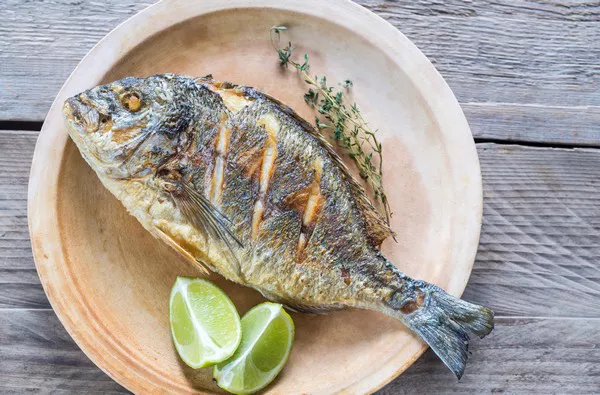Tokyo, Japan — The fishing industry of Japan is grappling with a double blow of plummeting prices and mounting uncertainty as the Chinese government enforces a ban on the import of the country’s marine products. This decision is a direct response to Japan’s discharge of wastewater from the Fukushima No. 1 nuclear plant into the Pacific Ocean.
China stands as the largest individual market for Japan’s seafood exports, accounting for a substantial ¥87.1 billion ($600 million) in trade last year, as reported by official government trade figures. Key items in these exports include scallops, tuna, sea urchins, snappers, and sea cucumbers, commonly known as namako.
The Toyosu market in Tokyo, a prominent seafood trading hub, witnessed a significant 24% drop in the average price of fresh Aomori tuna on August 25th, as indicated by data accessible on the Tokyo Metropolitan Central Wholesale Market’s official website. This decline is observed in comparison to the preceding day’s prices, highlighting the immediate market reaction.
An enterprise based in Hokkaido, specializing in catering to China and Hong Kong markets, has made the difficult decision to shutter its operations. The company is set to lay off its 20-member workforce. This development reflects the considerable challenges faced by businesses reliant on seafood exports to these markets. The company source, requesting anonymity during this sensitive phase, noted that the decision emerged as the company navigates its financial intricacies.
As Japan’s fishing industry navigates these uncertain waters, stakeholders are closely monitoring developments and exploring strategies to manage the impact of China’s embargo and the resultant market dynamics.

